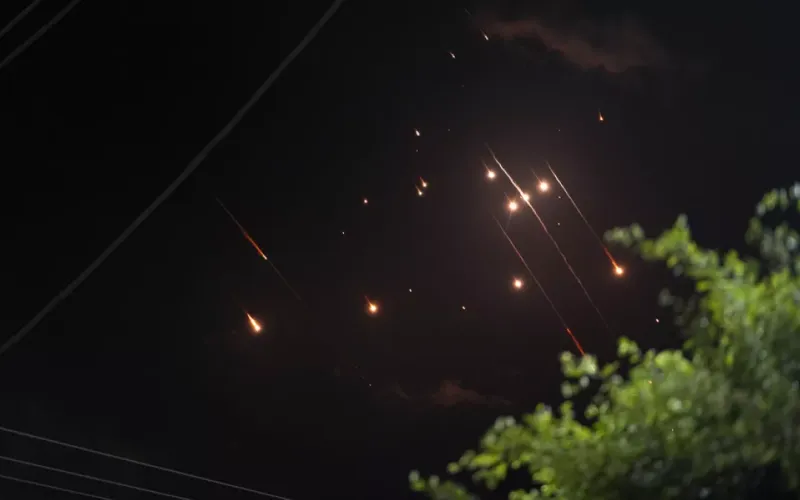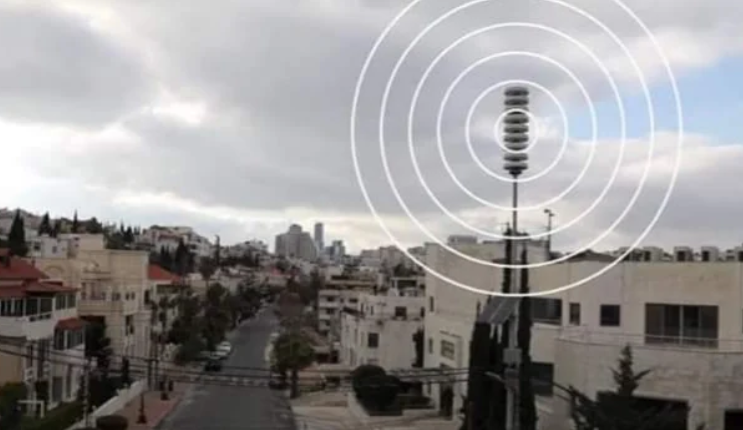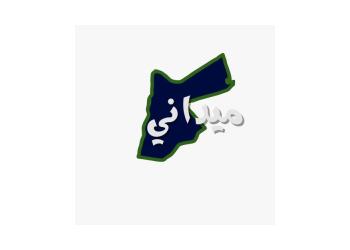Caught in the crossfire: Jordanian daily life amidst the sirens

A fragile ceasefire follows days of cross-border strikes between Iran and Israel. On Friday the 13th, Israel launched a series of deadly air raids on Iranian territory, targeting nuclear and military infrastructure. Among the casualties were Iran's armed forces’ chief of staff, the commander of the Revolutionary Guards, and several prominent nuclear scientists. What followed was a dangerous escalation, with both countries exchanging strikes daily. The United States has since joined the conflict, reportedly hitting three Iranian nuclear facilities. After nearly two weeks of heightened regional tension, a ceasefire has now been announced, though its durability remains uncertain. Jordan, like Lebanon and Iraq, has found itself literally and politically caught in the middle. Iranian drones and missiles entering its airspace have been intercepted by the Jordanian air force.

What once seemed unimaginable is now part of daily life. Jordanian missile sirens now wail on a near-daily basis. Residents, particularly in Amman and the north, have grown accustomed to the sight (and sound) of aerial threats overhead. For many Jordanians, especially the older generation, this is a grim reminder of past conflicts. Some recall Saddam Hussein’s missile strikes toward Israel during the First Gulf War, which Jordan also experienced firsthand due to its geographical proximity. But the current situation (twelve consecutive days of airspace violations and regional bombardments) has triggered a new kind of political anxiety, particularly among younger Jordanians who are facing this level of proximity to conflict for the first time.
Yet, amid fear, a surreal kind of calm emerges. Many Jordanians rush to their balconies and windows to witness and document the missiles crisscrossing their skies before being shot down by the Royal Jordanian Air Force. Videos and photos of the missile trails flood social media. Some observers have even pointed out a sense of satisfaction among certain Jordanians in seeing Iran retaliate against Israeli strikes, though this sentiment remains complex and politically loaded.
Online, solidarity grows in the face of uncertainty. The younger generation has found its own way of coping. Jordanian online forums and platforms (especially Reddit), active even before the escalation, have reorganized since June 13th. Dedicated threads now document every siren, sharing videos of missile sightings as well as related news. Users exchange real-time updates, share opinions on the conflict, send words of support, and circulate photos and videos. In these digital spaces, an improvised yet deeply human form of community develops, one built on reassurance, shared tips on how to react during alerts (even addressed to confused tourists), and collective debriefing after each alarm. Despite the chaos, the mood in these forums is one of mostly serious (sometimes humorous), supportive solidarity.
On social media, humor and community offer a moment of collective release. A similar atmosphere, though expressed differently, can be felt on platforms like YouTube and Instagram. There, the content surrounding the conflict is more scattered and creative, with a reach that extends beyond Jordan’s borders. Videos and posts often adopt a humorous lens to make the situation more bearable. Through the use of meme culture, some creators reframe anxiety-inducing events into darkly comic sketches (like using a water gun to “stop” incoming missiles, or parodying Jordan’s position caught between two warring powers). The goal is not to diminish the gravity of the situation, but to momentarily lighten it, offering people a chance to laugh instead of panic.
Other videos take a more informative tone, shedding light on the Jordanian experience as civilians trapped in a conflict they are not part of. These formats help viewers around the world grasp the surreal reality Jordanians are navigating, where skies are pierced by missile trails and sirens have become part of the soundtrack of daily life. Across platforms, the sense of solidarity remains strong. But here, it’s expressed through international outreach, emotional storytelling, and a uniquely Jordanian form of humor-as-resilience.
In this context, influencers became unexpected messengers of a generation. Amid this wave of digital expression, Jordanian influencers are stepping up, amplifying local voices while resonating with a global audience. One notable example is Winchester on Instagram, whose now-viral photo shows him staring calmly into the camera as missiles streak through the sky behind him. The image, widely shared across platforms, became a symbol of the calm defiance and resilience of Jordan’s youth.
Since then, Winchester has gained a considerable following (reaching 3.2k by June 24) and has used his platform to share messages of solidarity with Palestine, answer questions from followers worldwide, and document life in Jordan under the shadow of war. He maintains a light tone, managing to inform without feeding fear. In doing so, he captures the spirit of a generation that is at once deeply aware, emotionally present, and determined not to lose its sense of humor—even when the sky above is on fire.
Yet amidst the chaos, caution remains essential. It is crucial to stress the importance of staying safe and taking proper precautions, especially after five Jordanians in Irbid were injured by what is believed to have been an Iranian missile. Still, this surreal and ongoing situation continues to reflect Jordan’s remarkable calm in the face of adversity, and the deep will of its people to move forward, together, and with a smile. The ceasefire deal currently put into motion could signify peace and rest for both the civilians caught in the conflict as well as for those that live in between.












































